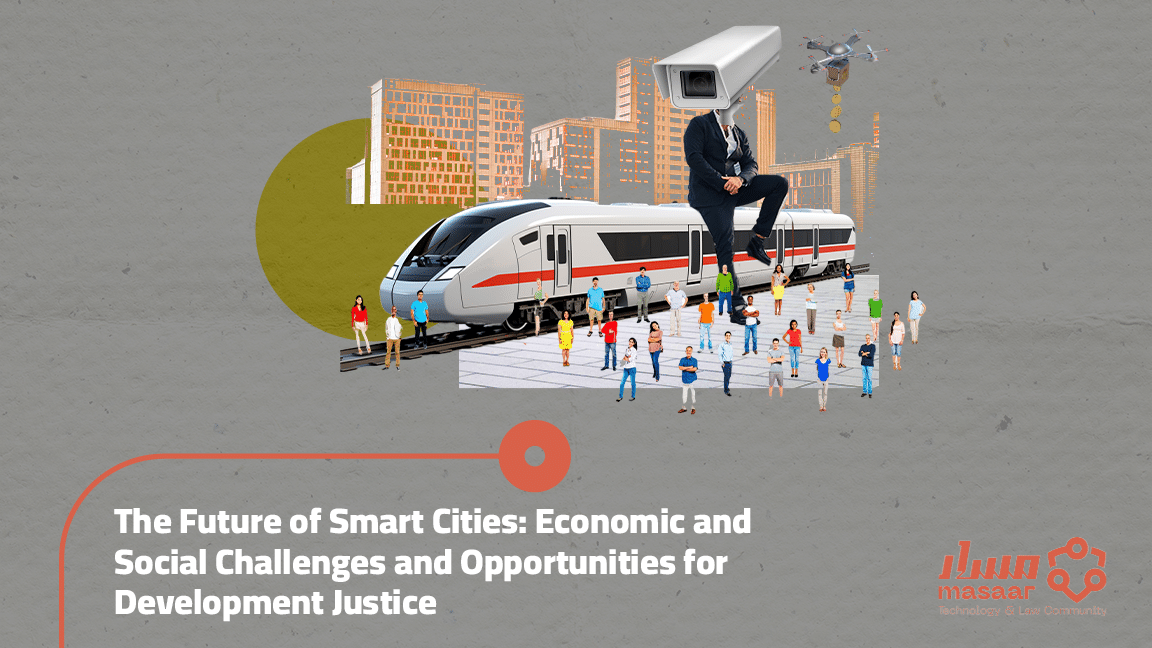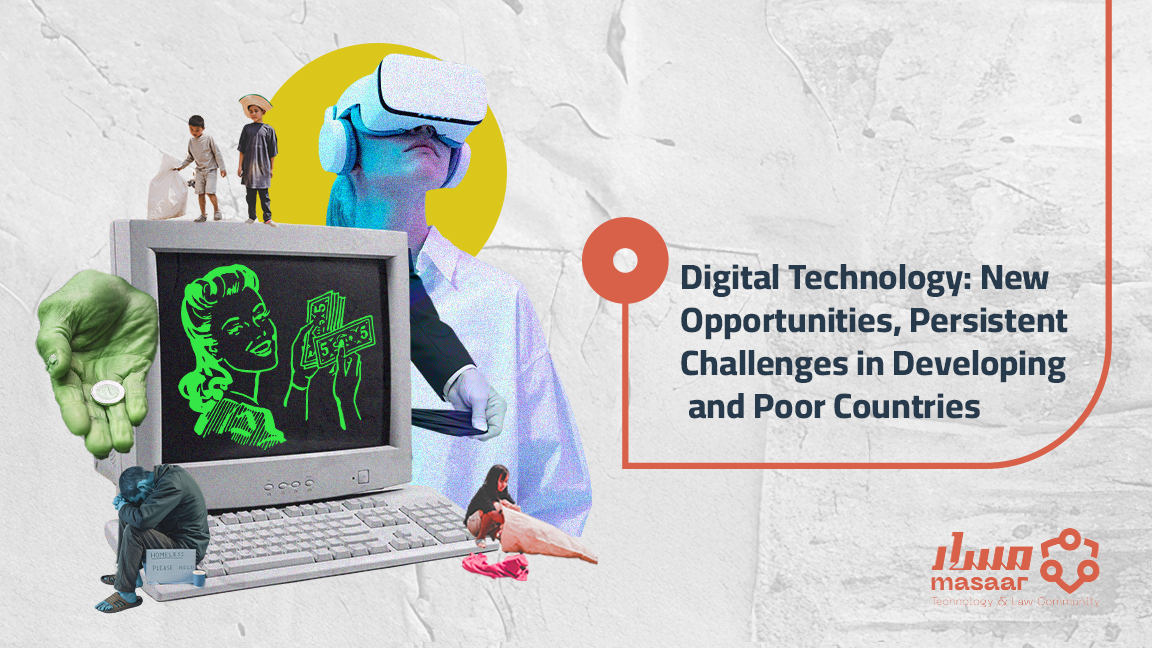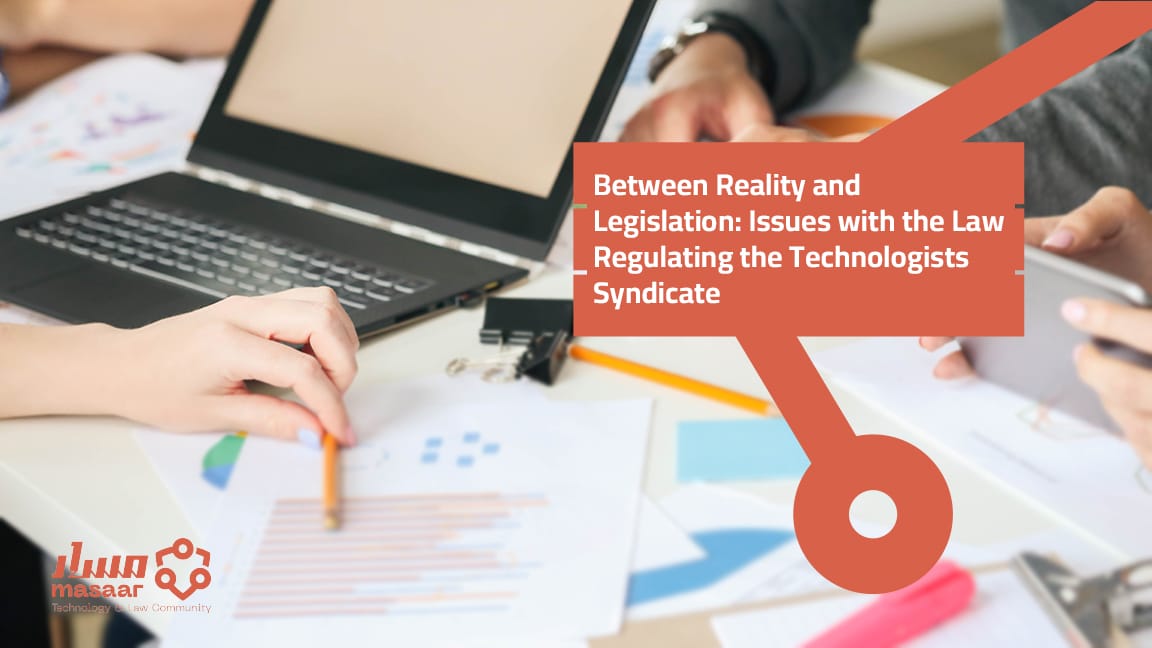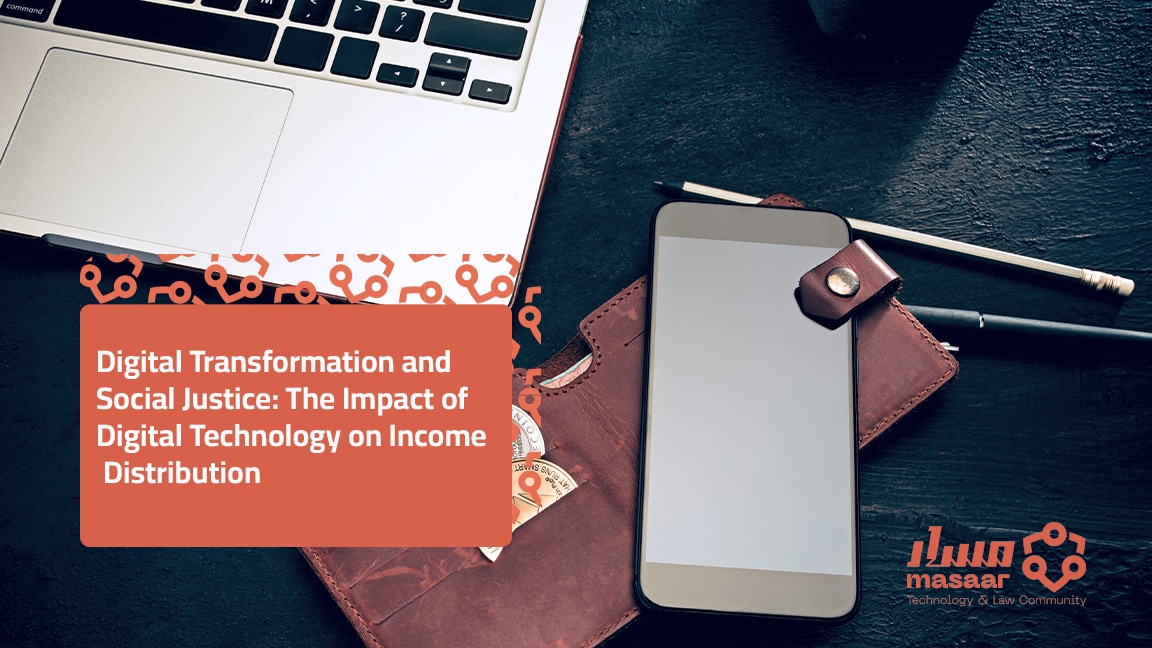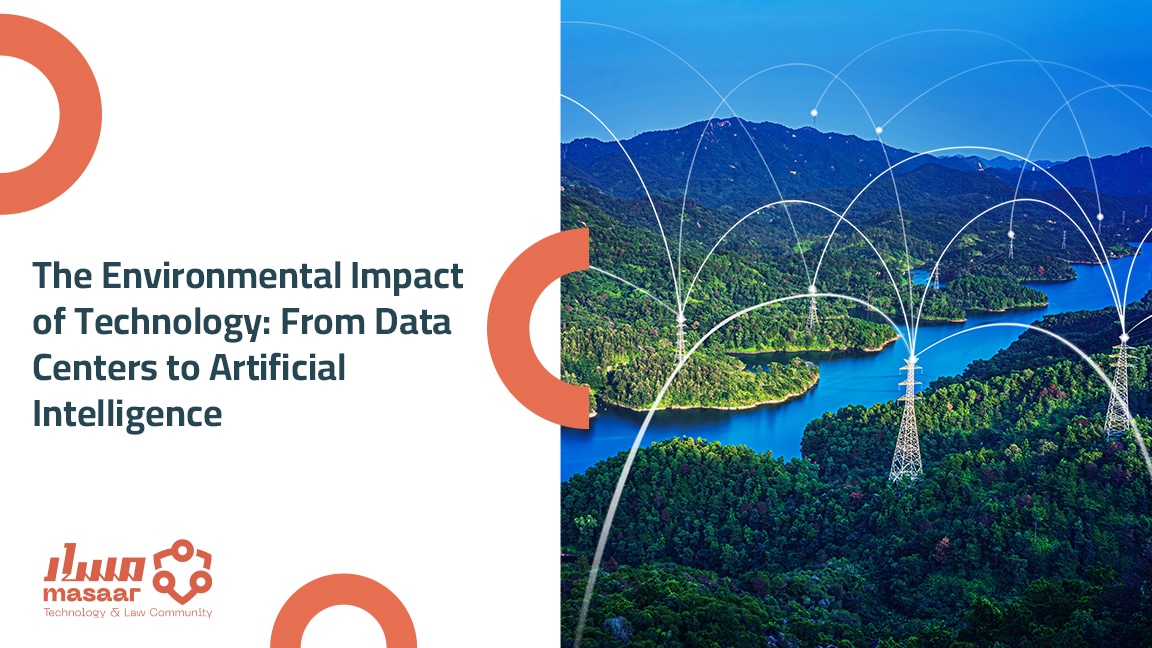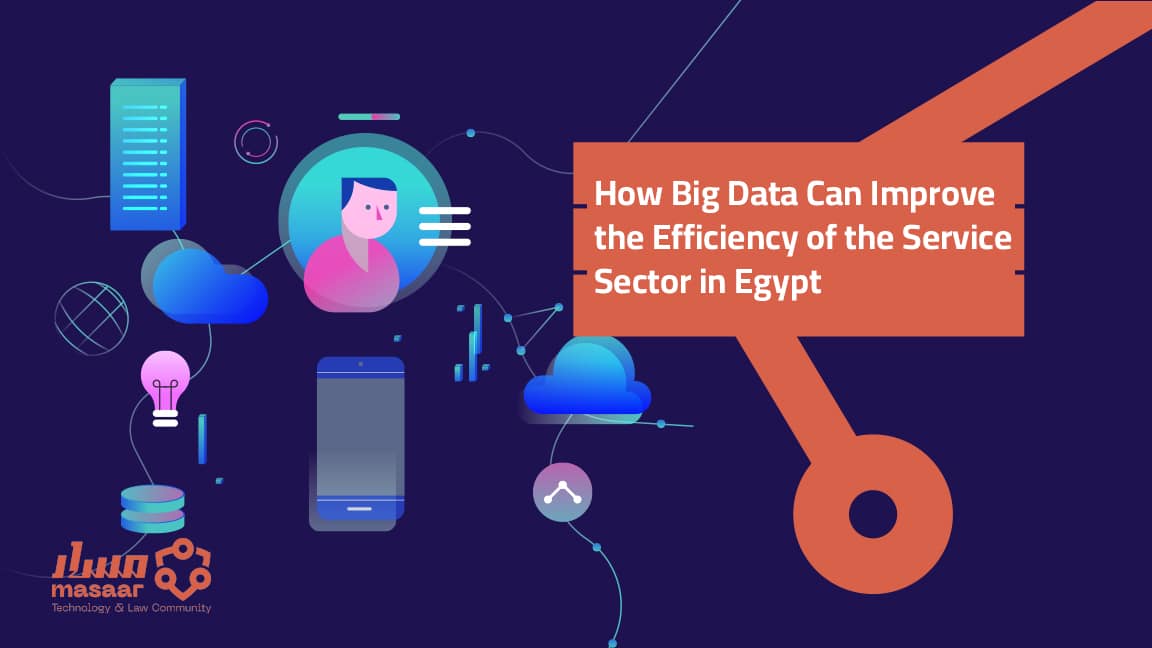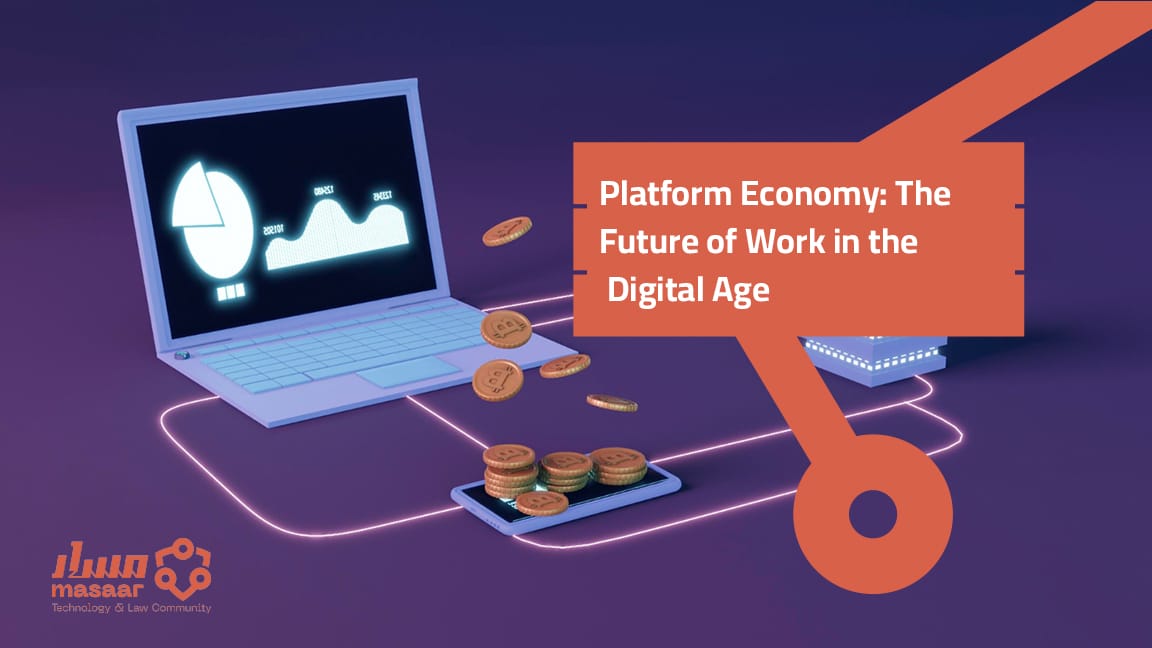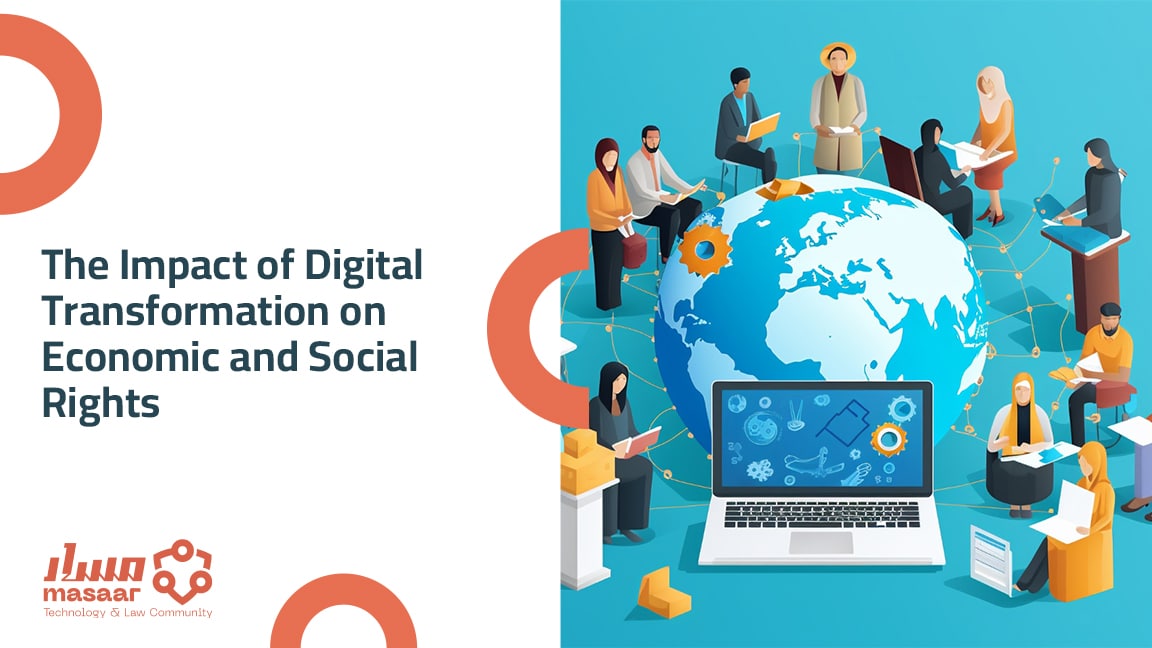Human Rights and Business
The Future of Smart Cities: Economic and Social Challenges and Opportunities for Development Justice
This paper aims to present a balanced view of Egypt’s smart cities program, discussing it as a strategic option while highlighting its objectives and current vision. The paper also reviews the Egyptian government’s partnerships in this program and discusses their potential impacts, in addition to the most important precautions needed to balance the expected positive outcomes and potential negatives of the program.
Digital Technology: New Opportunities, Persistent Challenges in Developing and Poor Countries
This paper explores the potential of digital technology to help developing economies catch up with advanced industrial economies. It examines how digital technology can boost economic and social development, but also highlights the challenges these countries face in adopting and using this technology effectively.
Between Reality and Legislation: Issues with the Law Regulating the Technologists Syndicate
This paper seeks to provide a critical reading of the law establishing a professional syndicate for technologists. The paper also reviews the structure and philosophy of the law, along with some of its most important provisions, and offers a critique of the law by highlighting the main problematic issues within its articles.
Digital Transformation and Social Justice: The Impact of Digital Technology on Income Distribution
This paper examines the complex and multifaceted impact of digital technology on poverty and income inequality. It highlights that this impact is not inherently positive and depends heavily on policy frameworks.
The Environmental Impact of Technology: From Data Centers to Artificial Intelligence
This paper examines the environmental impact of digital technology, focusing on carbon emissions, electronic waste, and hidden costs. It also proposes solutions at the national, industry, and individual levels to mitigate these impacts.
How Big Data Can Improve the Efficiency of the Service Sector in Egypt
This paper discusses various aspects of the potential optimal utilization of big data in the Egyptian context. It explores the prospects of this utilization in both the government sector and the private sector. Then, it delves into the requirements for using big data in the best possible manner.
Explanatory Memorandum: Absence of Insurance Coverage for Platform Economy Workers
This explanatory memorandum addresses the legal issue of the absence of insurance coverage for platform economy workers in light of the new Social Insurance and Pensions Law. It provides an overview of the general legal context and analyzes the reasons why many freelancers are not subject to the law’s provisions, with a focus on workers in digital service platforms.
Platform Economy: The Future of Work in the Digital Age
This paper examines various issues related to the platform economy, focusing on the Egyptian context. The paper highlights key players, analyzes growth factors, and addresses associated challenges.
The Impact of Digital Transformation on Economic and Social Rights
This paper discusses the impact of digital transformation on economic and social rights. It focuses on three main rights: the right to education, the right to work, and the right to healthcare.
- « Previous
- 1
- 2
- 3
- 4
- Next »

